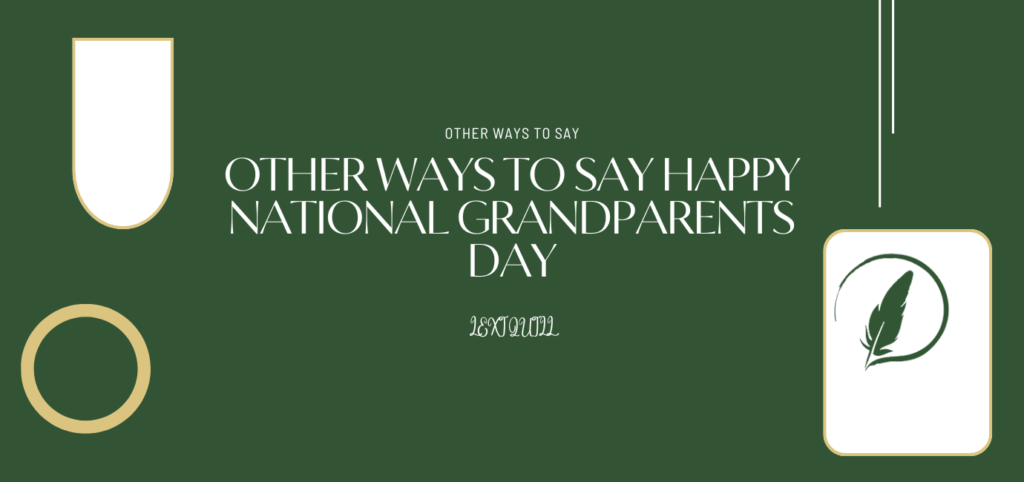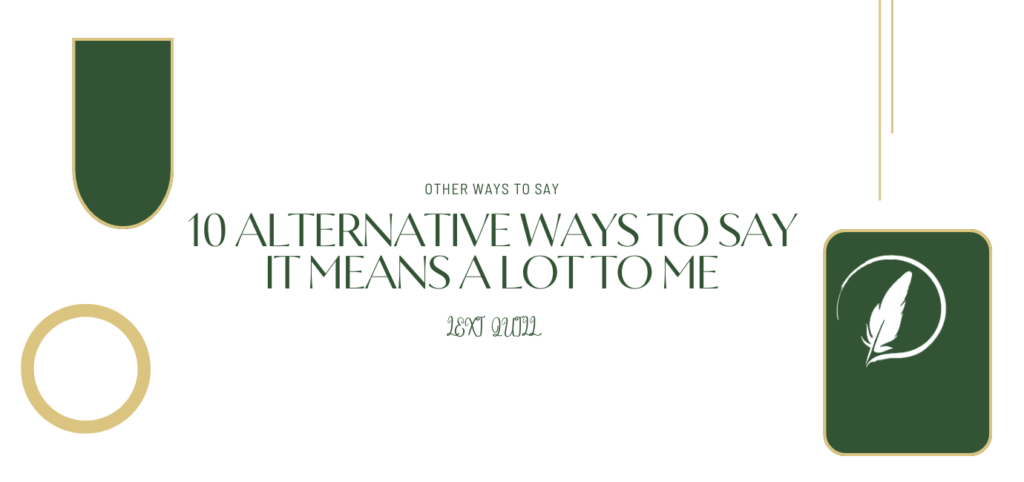In professional settings, the words you choose can shape how others perceive your confidence, competence, and overall credibility. While casual phrases like “see you later” are common in everyday conversations, they may come across as too informal in business environments. Knowing how to professionally say “see you later” can enhance your communication, especially in corporate emails, meetings, or client interactions.
This article will explore several polished, context-aware alternatives to this casual phrase providing you with business synonyms and professional expressions that help elevate your workplace language.
Why Upgrade “See You Later” in Professional Settings?
“See you later” is friendly and relaxed but lacks the refinement expected in professional communication. Whether you’re addressing a client, a manager, or a colleague in a formal setting, using more polished alternatives conveys professionalism, respect, and thoughtfulness.
Let’s dive into professional synonyms for “see you later” that strike the right tone in business settings.
1. “Talk Soon” – A Friendly Yet Professional Close
Nuance: “Talk soon” is an approachable yet refined way to end a conversation or email. It implies ongoing communication while sounding more professional than “see you later.”
Best Used When:
- Wrapping up internal communication
- Ending casual business meetings
- Following up with team members or collaborators
Example:
“Thanks for the update, James. Let’s circle back on this during next week’s sync. Talk soon!”
Related business synonyms: “Speak with you soon,” “Catch up soon”
2. “I Look Forward to Our Next Conversation” – Formal and Forward-Looking
Nuance: This alternative is future-focused and respectful, making it ideal for client interactions or high-level communications.
Best Used When:
- Ending calls or emails with external stakeholders
- Wrapping up interviews or networking meetings
- Expressing interest in continued dialogue
Example:
“Thank you for your insights during today’s meeting. I look forward to our next conversation.”
Related professional synonyms: “Looking ahead to our next discussion,” “Anticipating our next meeting”
3. “Until Next Time” – Warm Yet Professional
Nuance: Slightly more casual than formal sign-offs, “until next time” conveys a sense of continuity while remaining respectful and professional.
Best Used When:
- In internal meetings or collaborative sessions
- Closing conversations with colleagues or clients you regularly interact with
- Maintaining a tone that’s both personable and business-appropriate
Example:
“Great collaborating with you today until next time!”
Related business synonyms: “Till we meet again,” “Until our paths cross again”
4. “Let’s Connect Again Soon” – Collaborative and Intentional
Nuance: This phrase emphasizes a desire to reconnect, making it perfect for networking or business development scenarios.
Best Used When:
- Following up with new connections
- Closing out brainstorming sessions
- Wrapping up virtual coffee chats or informational interviews
Example:
“It was great getting to know more about your role at the company. Let’s connect again soon.”
Related professional synonyms: “Let’s follow up soon,” “We’ll touch base again”
5. “Speak Soon” – A Sleek and Safe Option
Nuance: Direct and minimalistic, “speak soon” feels modern and neutral, an ideal replacement for “see you later” in emails or messages.
Best Used When:
- In ongoing email threads
- Wrapping up short catch-up calls
- Communicating with peers or direct reports
Example:
“I’ve made the requested edits to the proposal. Speak soon.”
Related business synonyms: “Catch you soon,” “Talk in a bit”
6. “I’ll Follow Up With You Shortly” – Action-Oriented and Precise
Nuance: While slightly more specific than “see you later,” this alternative demonstrates clarity and responsibility, particularly in project management or client support.
Best Used When:
- Following action items or pending deliverables
- During task-related discussions
- As part of customer service or account management follow-ups
Example:
“I’ll review the updated budget and follow up with you shortly.”
Related business synonyms: “Expect a follow-up,” “I’ll be in touch”
7. “We’ll Reconnect Soon” – Collaborative and Professional
Nuance: This phrase implies equal interest in reconnecting while maintaining a neutral and professional tone.
Best Used When:
- After one-on-one check-ins
- During project handoffs
- In follow-ups with remote teams
Example:
“Thanks for today’s insights, let’s finalize the action plan next week. We’ll reconnect soon.”
Related professional synonyms: “We’ll be in touch,” “Let’s regroup shortly”
8. “Take Care” – Respectful and Warm
Nuance: “Take care” is a kind, universally accepted alternative that still works in many formal environments. While slightly more emotional than other options, it’s great for maintaining a human tone in communication.
Best Used When:
- Ending emails where warmth is welcome
- Closing conversations during uncertain or difficult times
- With well-known clients or friendly colleagues
Example:
“Thanks again for your partnership on this project. Take care.”
Related professional synonyms: “All the best,” “Wishing you well”
Why Professional Language Matters in Business Communication
Choosing the right words in professional environments goes beyond politeness; it builds trust, shows emotional intelligence, and helps avoid miscommunication. When you opt for business synonyms for common phrases like “see you later,” you position yourself as articulate, respectful, and intentional.
Elevated communication:
- Enhances personal branding
- Builds credibility with leadership and clients
- Fosters collaboration with clarity and tact
Conclusion:
Now that you know how to professionally say “see you later,” you have several versatile, situation-specific phrases to choose from. Each alternative from “talk soon” to “I look forward to our next conversation” can help you navigate workplace communication with confidence and class.
Making conscious word choices matters. By replacing everyday language with professional synonyms for “see you later,” you’re showing respect, establishing professionalism, and paving the way for stronger relationships.
Start incorporating these alternatives into your workplace interactions today. You’ll be surprised how small changes can significantly enhance your professional presence.








